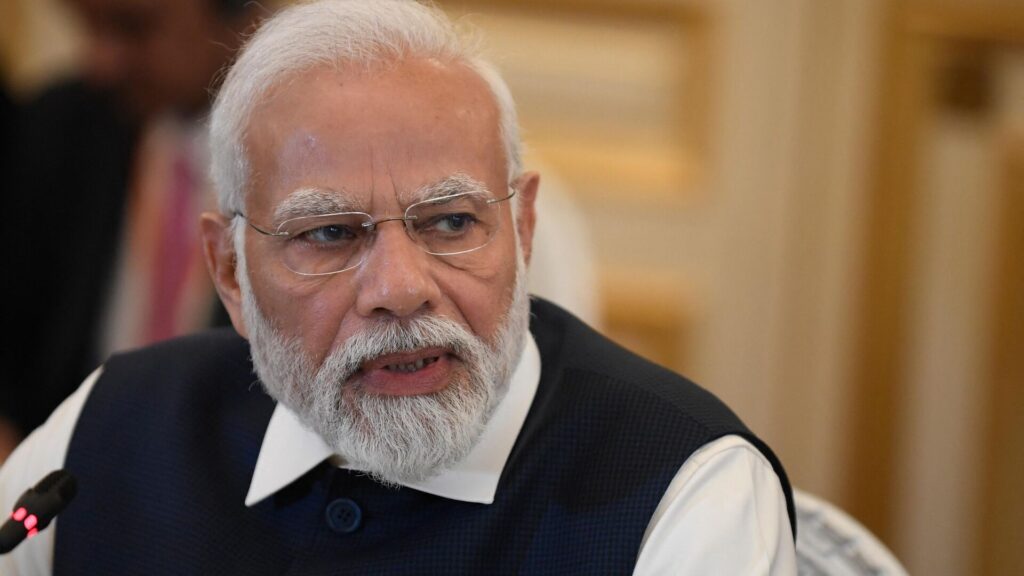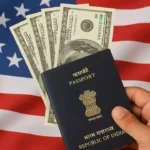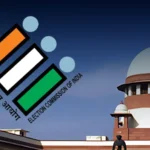
Prime Minister Narendra Modi, in a recent interview with Thanthi TV, staunchly defended the electoral bonds scheme, amidst criticism from opposition parties. Modi contended that the scheme has brought transparency to political funding, allowing for the tracking of donations. His comments come after the Supreme Court’s declaration of the scheme as unconstitutional earlier this year. Modi dismissed the notion that the controversy surrounding electoral bonds posed a setback to his government, suggesting that critics would eventually regret their stance.
The Congress party, represented by Gaurav Gogoi, has attacked the scheme, dubbing it “legalized extortion.” Gogoi accused the scheme of formalizing kickbacks, drawing a parallel with demonetization – both initiatives stemming from the Prime Minister’s Office. Further criticisms arose from Delhi minister Atishi, who urged the BJP to allocate funds received through electoral bonds towards public welfare, instead of election campaigning.
The Supreme Court’s February 2024 ruling scrapped the electoral bonds scheme, originally introduced by the BJP-led government to enable anonymous donations to political parties. This decision has spurred the Election Commission of India to publicize details of electoral bonds, revealing that many donors embroiled in criminal investigations were among the top contributors.
Notably, high-profile individuals and corporations have been listed as significant donors in the electoral bonds data released by the ECI. Among them, ArcelorMittal’s Lakshmi Mittal and Reliance Industries’ Laxmi Das Vallabhdas Merchant emerged as top donors, exclusively contributing to the BJP. The scheme’s transparency has laid bare the financial conduits between big business and political parties, igniting debate over the integrity of political funding in India.




































Leave a Reply